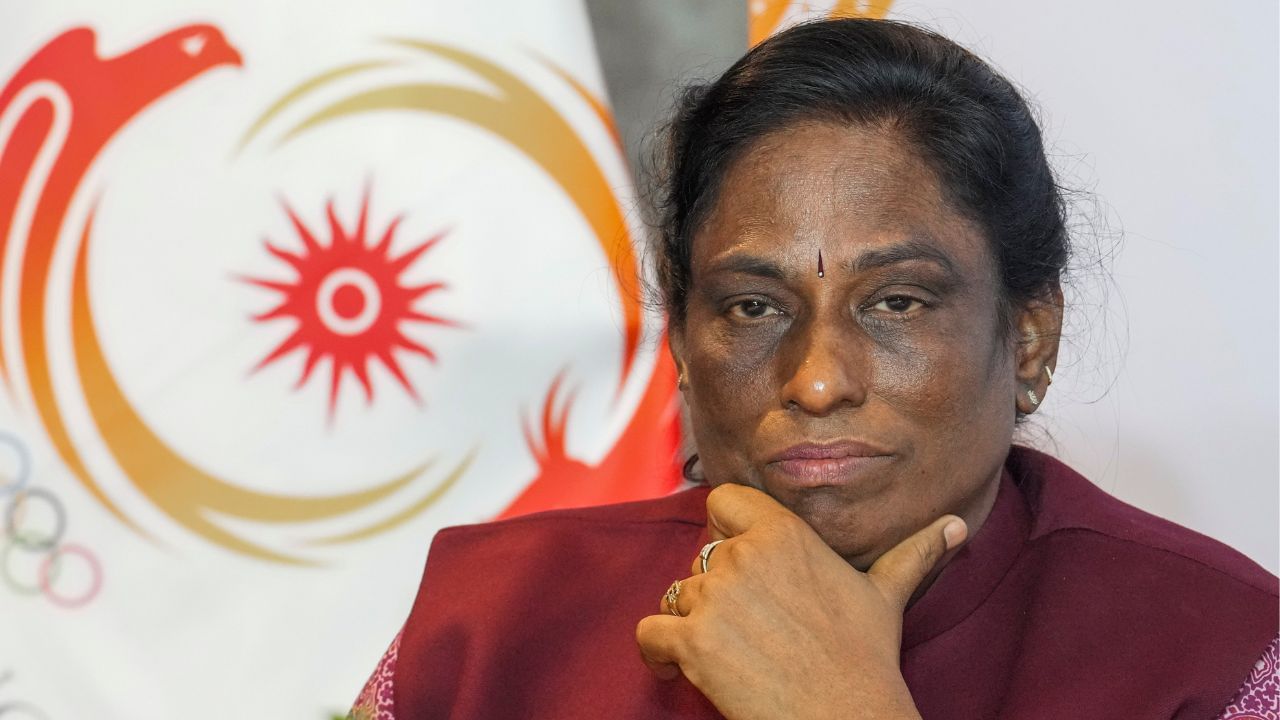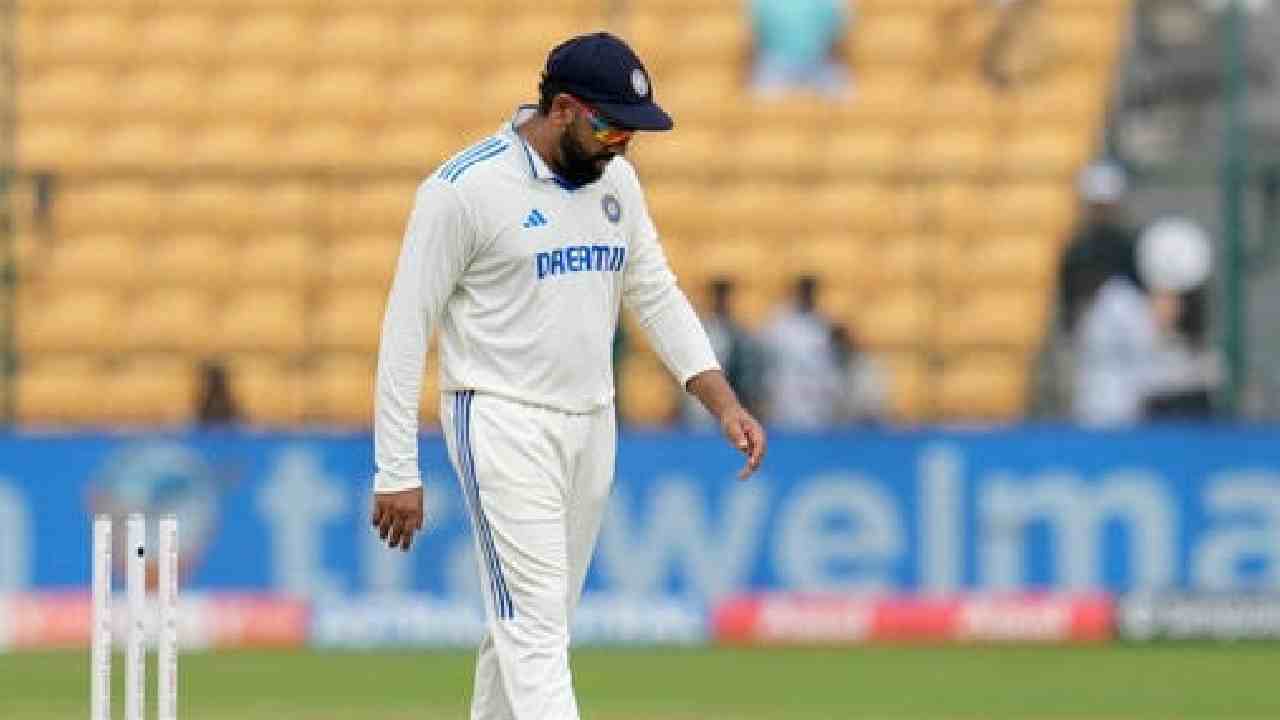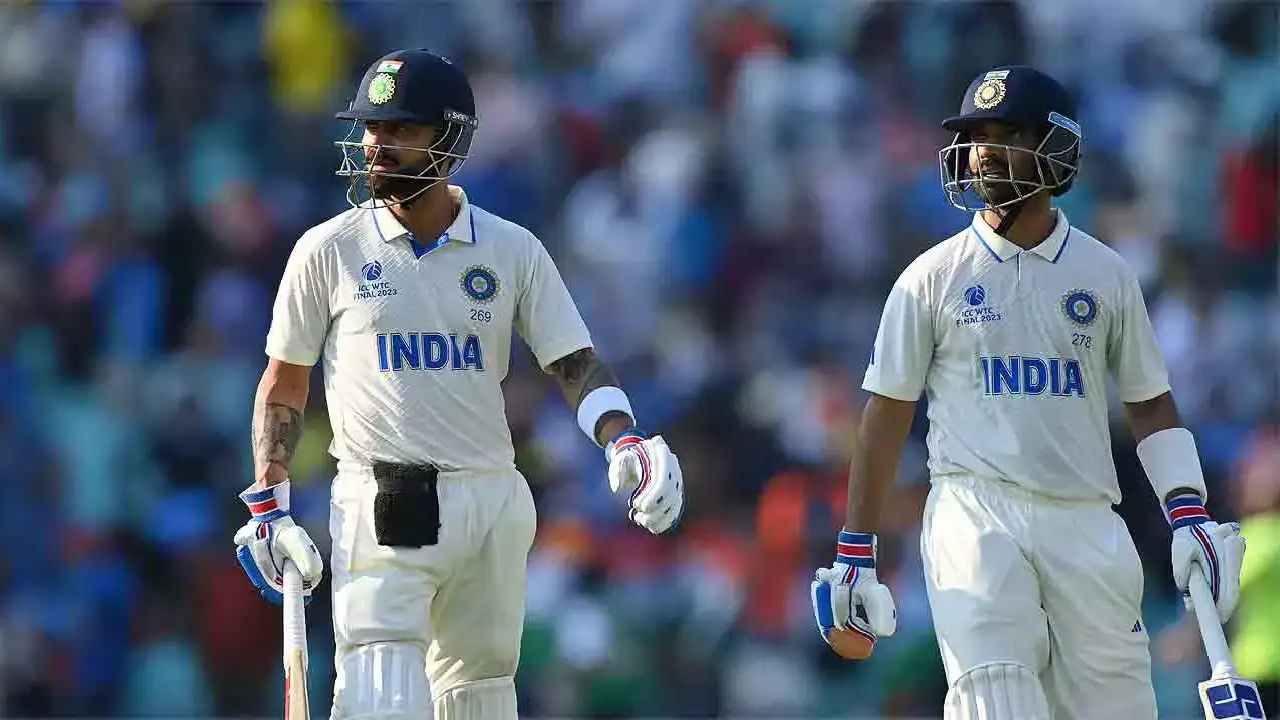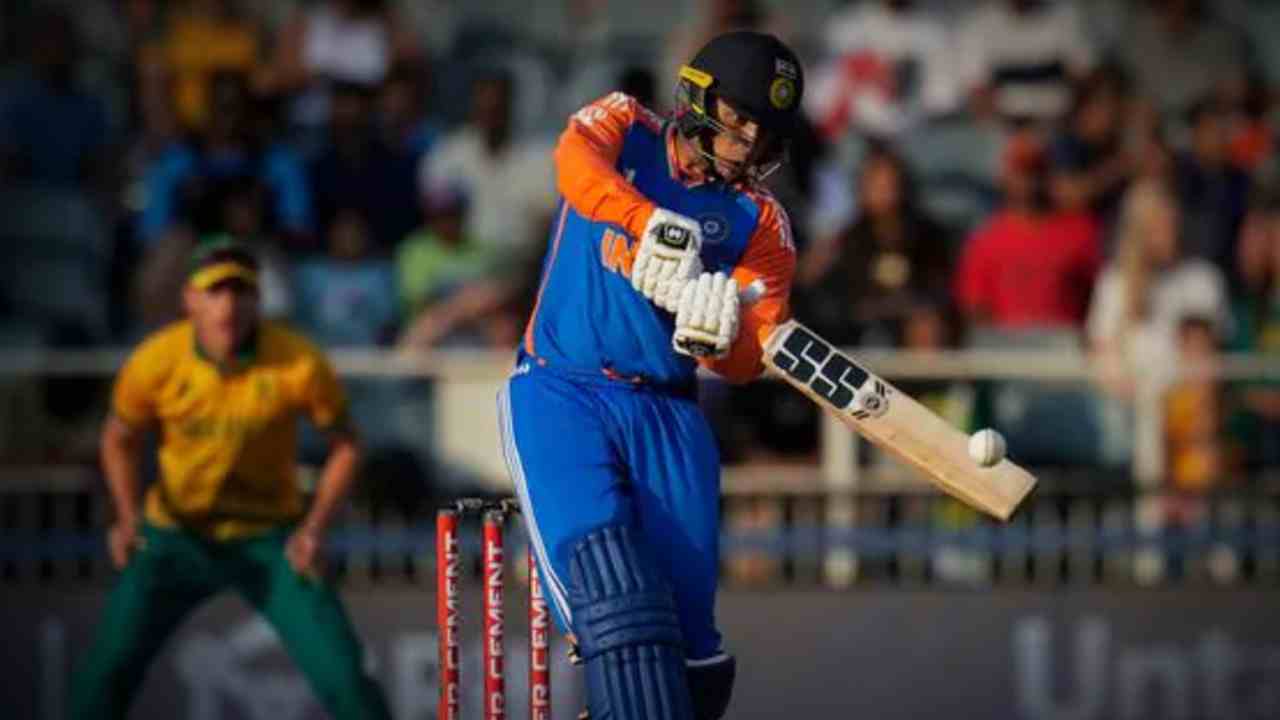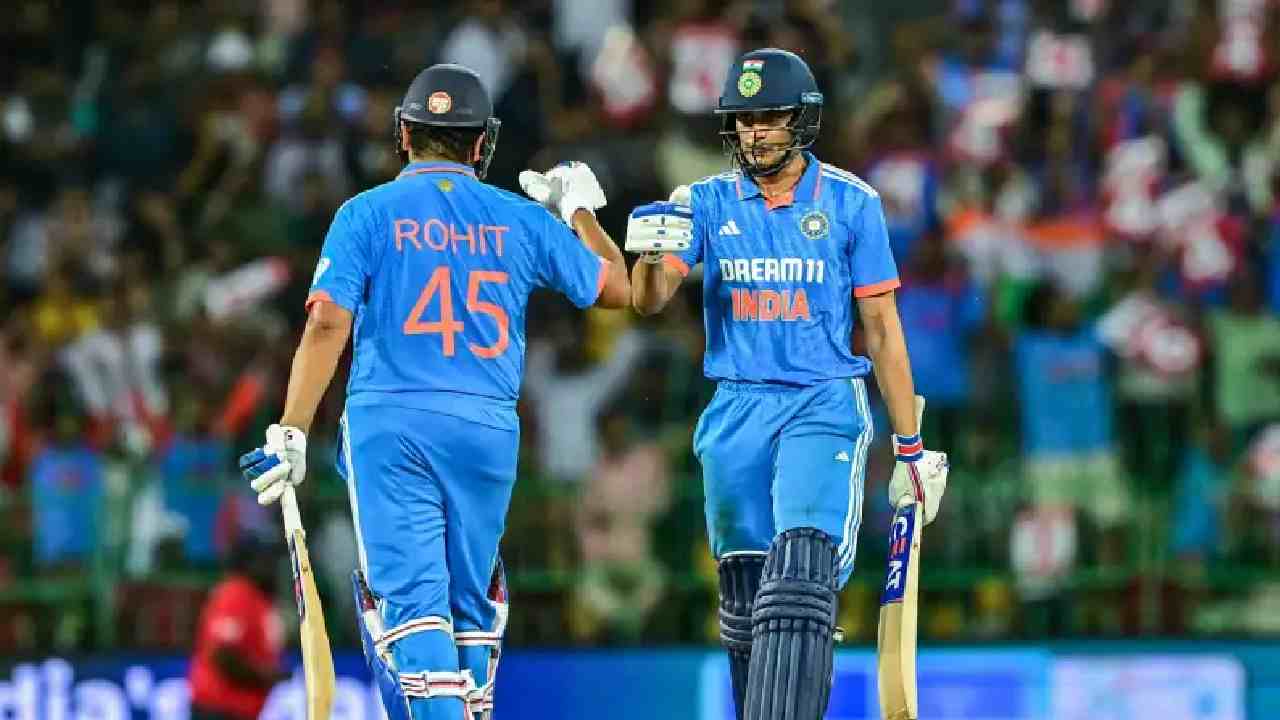The controversy surrounding the Indian Olympic Association (IOA) intensified recently when CAG (Comptroller and Auditor General) released a report alleging significant financial discrepancies. In response, IOA President PT Usha vehemently refuted the claims, emphasizing that the association did not incur any losses. This escalating situation has raised questions about sponsorship agreements and the financial management within the organization.
PT Usha’s Strong Denial
PT Usha has labeled the CAG report as erroneous and a distortion of facts, particularly targeting Sahadev Yadav, the report’s author. She accused him of deliberately misrepresenting information to damage her reputation. Usha warned that she would pursue legal action against anyone perpetuating such misinformation in the future. The CAG report claims that the IOA suffered a loss of ₹24 crore due to perceived mismanagement related to sponsorship agreements, particularly those involving Reliance.
Understanding the Allegations
The core of the controversy lies in accusations of irregularities in sponsorship agreements made between the IOA and Reliance. Ajay Kumar Narang, representing the IOA, clarified the situation, stating that the reported issues stemmed from a mistake during a tender process that necessitated renegotiations. The initial agreement aimed at building an “India House” and included Reliance’s name as a sponsor. However, the International Olympic Committee (IOC) imposed a restriction preventing sponsors from having their names displayed alongside the name of any country’s facility, complicating matters.
The Sponsorship Deal
Reliance had initially committed ₹35 crore across six events, but due to IOC regulations, they could not showcase their brand as intended, prompting Reliance to seek compensation. To appease the sponsors, the IOA granted them four additional events—two Winter Olympics and two Youth Olympic Games—as compensation for their inability to attach their name to the India House. According to Narang, the decision to provide extra events was mischaracterized as a financial loss.
Analysis of the CAG Report
The CAG report claims that by giving Reliance these four extra events without additional financial compensation, the IOA effectively lost out on potential revenue, thereby labeling it a loss of ₹24 crore. The report noted that the IOA should have received ₹59 crore in total, based on the sponsorship deal, yet only received the initial ₹35 crore from Reliance.
Contrarily, the IOA contends that the pricing for each event was not universally set at ₹6 crore. The original deal delineated different values for various events, with ₹8 crore allocated for the 2024 and 2028 Olympics and ₹3 crore for each of the two Asian Games. This discrepancy in expected earnings is at the center of the contentious debate.
Conclusion
As the situation unfolds, the IOA’s defense against the CAG report highlights the complexities of managing sponsorship deals and the impact of external regulations on financial agreements. PT Usha’s strong responses are indicative of her commitment to protecting the IOA’s integrity. The outcome of this controversy may influence future sponsorship agreements and the management practices of the Indian Olympic Association.

